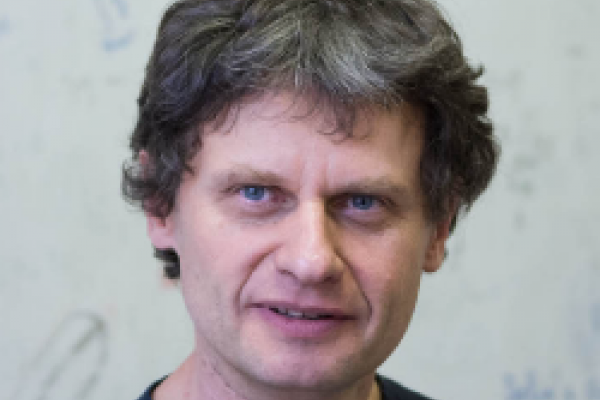
Thu, January 30, 2020
4:15 pm - 5:15 pm
Cockins Hall 240
Title: How to find the optimal partner in the city of function spaces
Speaker: Luboš Pick - Charles University
Abstract: Many important tasks in mathematics and its applications turn into investigation of the action of operators on various algebraic structures endowed with appropriate analytic properties. A principal instance of such an investigation involves various classes of functions and sequences, usually labelled in general as function spaces. In connection with various applications in mathematical physics or the theory of partial differential equations, enormous effort has been spent by many authors in order to improve classical results in the sense of nailing down more and more precise function spaces on which the operators act. However, little seems to be known about sharpness or optimality of such results.
We shall survey a new approach to the investigation of action of operators on function spaces, which we developed roughly during the last two decades, and whose principal aim is to push the borders of the knowledge as far as one can and to show that further improvement is impossible. The key innovation is nailing down the actual optimal function spaces for given operators. Techniques involved in this approach vary from symmetrization and interpolation to new types of inequalities or to iteration processes.
